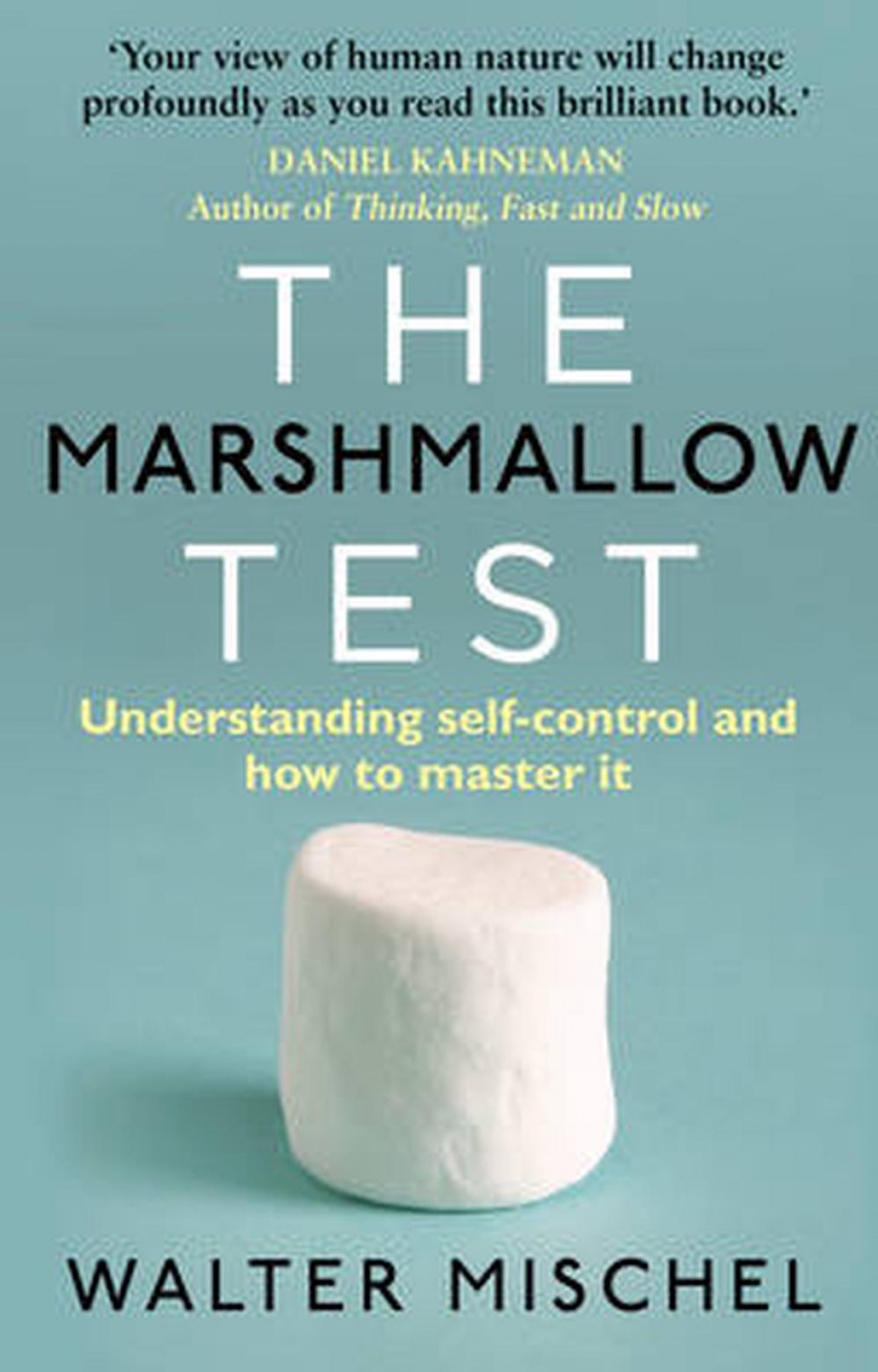If you were given the choice of eating one marshmallow right now or waiting and eating two later, what would you do?
Influential psychologist Walter Mischel delves into the topic of self-control. What is it, why is it important and how can we master it? Mischel is famous for conducting an experiment in the 1960s at Stanford University’s day care in which pre-schoolers were given a choice: eat one marshmallow now, or wait and enjoy two later. He looked at what happened to the children in later life and found there was a difference between the children who could delay their gratification and those who ate the marshmallow straight away.
This now iconic experiment, and many studies that followed, found that the ability to delay gratification early in life greatly improved the chance of having a successful and fulfilling life later on. The children who could wait and enjoy two marshmallows later had better social and cognitive functioning, achieved higher university admission scores, had healthier lifestyles and a greater sense of self-worth over the course of their life.
So basically – if you display signs of self-control as a child, chances are you’re going to be better off mentally and physically over the course of your life.
Fascinating read in three parts
This fascinating book is broken down into three parts. The first part looks at why the children’s ability to delay gratification predicts so much about their future wellbeing and success. The second part looks at how self-control can be harnessed to improve your life and how willpower can be something that becomes automatic and doesn’t require a huge effort. Part three looks at the benefits of self-control and the implications it has for self-care, child-rearing, education and public policy.
But the thing to remember about self-control as Mischel points out is that “A life with too much of it can be as unfulfilling as one with too little.”
Learning self-control
But is self-control something you are born with – something you either have or you don’t have?
The good news is that apparently self-control is malleable and something you can work on and improve. While some children and adults seem to naturally have more or less self-control, it’s actually something you can learn. This is great news for all the marshmallow scoffers out there like me.
Mischel argues that self-control techniques can be taught, which is music to the ears of the millions of people around the world who grapple with quitting smoking, losing weight or whatever other aspect of their life requires self-control. Self-control can also help you with things like planning for retirement, overcoming heartbreak and making major life decisions.
I really enjoyed this book. It was interesting, relatable, and Mischel’s writing style is easy to read and fun. Best enjoyed while drinking a hot chocolate – with several marshmallows on the side.
Reviewed by Maggie McNaughton, writer at Healthy Communications

